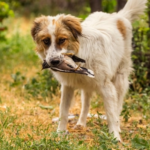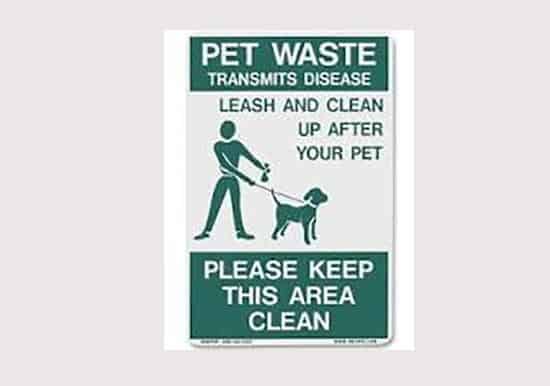C. Difficile Becoming More Common in the US – Continued
Therapy Dogs
Visiting healthcare facilities has been shown to be a risk factor for C. difficile shedding in dogs. However, it is unclear whether therapy pets that visit hospitals and nursing homes have an increased risk of developing C. difficile diarrhea. Healthy animals do NOT need to be tested or treated for C. difficile. There are guidelines available to help reduce the risk of pets acquiring infectious diseases in hospitals, which should be followed if your pet is part of a visitation program. These include
- Not letting your dog drink out of the toilet when in a hospital or nursing home.
- Not letting patients feed your pet treats. This can increase the likelihood that a dog will shed C. difficile, probably because dogs lick C. difficile off the hands of the patients.
If I Have Clostridium difficile, Should I Test My Pet?
NO. Even if your pet was found to be shedding C. difficile in its stool, you still would not know if it was the same strain you were carrying. This type of specialized testing is not readily available and is not indicated in most situations.
If you have C. difficile, you should be very thorough about washing your hands after using the washroom. Also try to prevent your pet from drinking from the toilet, if it has a tendency to do so.
The risk of disease to the general population posed by C. difficile in house pets such as dogs and cats is:
Healthy Adults
Individuals with compromised immune systems (e.g. HIV/AIDS, transplant and cancer patients) are more susceptible to many kinds of infections, including those which may be transmitted by pets. While these individuals are not advised to get rid of their pets, precautions should be taken to reduce the frequency of contacts that could result in pathogen transmission (e.g. avoiding contact with any animal feces), as well as the ability of infectious agents to survive in the household (e.g. prompt and thorough disinfection of potentially contaminated surfaces).
Infants and young children (less than 5 years old) are more likely than adults to extensively handle animals if given the opportunity, more likely to touch their faces or mouths, and less likely to wash their hands after handling an animal. Children may “snuggle” with pets such as dogs and cats; this very close contact can increase the risk of disease transmission.
Young children should be supervised when playing with animals, and an adult should ensure that they wash their hands afterwards, and especially prior to handling food. Older children should be taught to do the same.
It is important to note that infants less than 12 months of age are not affected by C. difficile.
For these groups, the zoonotic risk posed by C. difficile in house pets such as dogs and cats is likely:
Additional Information
Public Health Agency of Canada (PHAC). Clostridium difficile information page.
Centers for Disease Control and Prevention (CDC). Clostridium difficile frequently asked questions.


